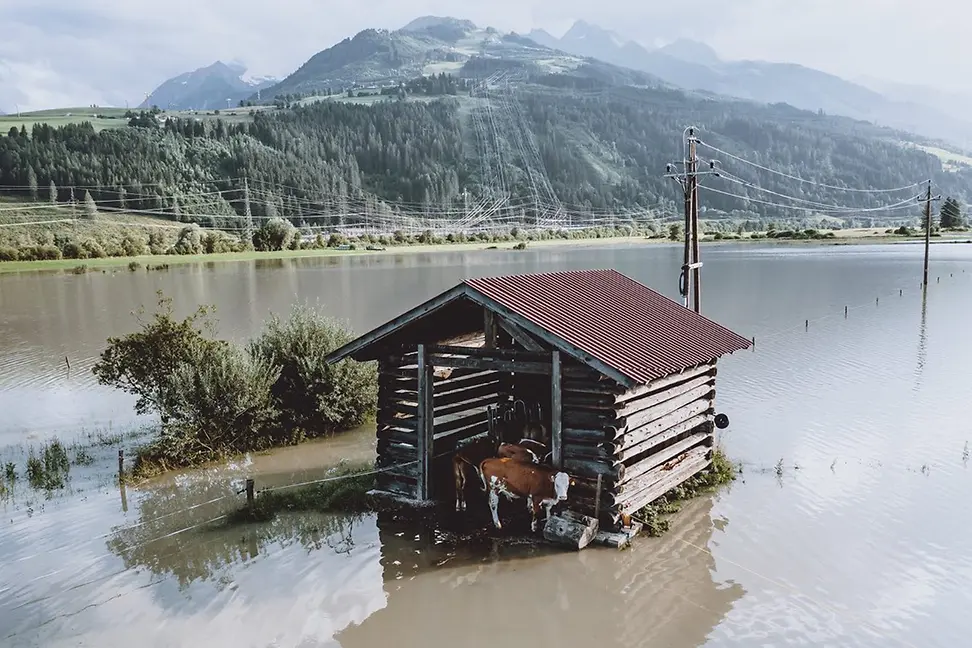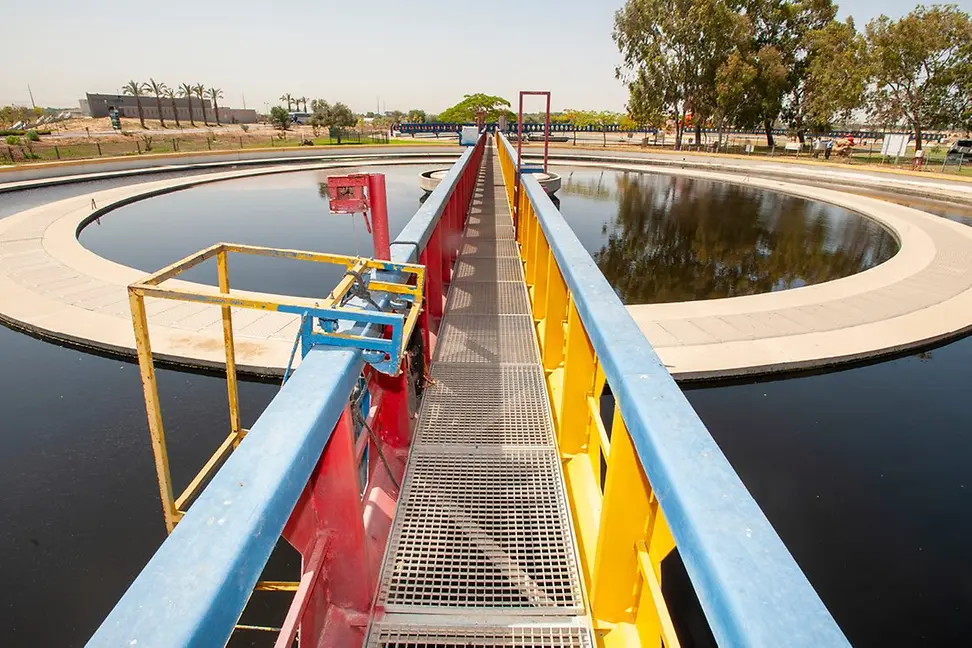- Home
-
Private banking
-
LGT career
Investments in water are still niche. What about the future?

Anyone watching the floods that hit large parts of Europe this summer - most notably Germany in July - would be forgiven for overestimating our water supplies. The truth is that extreme weather events are a symptom of the same problem that is causing water shortages in large parts of the world: the climate crisis.
And, as any Economics 101 student knows, scarcity increases value, which presents an opportunity to investors. They call it "blue gold" - the precious commodity that has spawned a niche ecosystem of funds and indices.

Now, as population growth and the climate crisis bring ever greater urgency to the need to irrigate our fields efficiently and secure supplies of clean drinking water, that niche is evolving and growing.
The United Nations predicts that half the world's population could face severe water stress by 2030. Already, 1.42 billion people - including 450 million children - live in areas classed as having high or extremely high water vulnerability.
A 2016 UN report said annual spending of USD 200 billion, up from an average of more like USD 40 billion, is required to protect supplies.
Following that kind of money leads would-be investors to a range of companies increasingly concerned with stopping a global crisis getting worse - including the utility giants, as well as desalination plants, other infrastructure suppliers and innovators in flood prevention, irrigation and agriculture.
Water itself is not a tradable commodity (that really would be an ethical quandary) but, says Robert Hauser, a senior portfolio adviser in sustainability at LGT and an ESG veteran of almost 25 years, one advantage of investing in its supply is that demand can never drop; there is no alternative to water.

Moreover, the opportunities lie in the developed and developing worlds, where infrastructure either requires maintenance and upgrading - or building from scratch.
Recent years have seen a flurry of entrants to the market as established and newer players in fund management spy opportunities; water investing has also been buoyed in recent years by the rise of ESG as a corporate priority.
Yet a maturing market must also overcome practical hurdles, as well as the political and ethical implications of a life-giving liquid as a profit source. Hauser says it is still difficult to invest in start-ups and smaller specialist companies who are often doing the most interesting work in the field. He sees a gap in the market for a smaller fund specialising in smaller, more focussed companies.
As a financial institution, we at LGT are committed to the sustainable allocation of capital. Specifically, we invest in assets that enable long-term financial value creation and at the same time make a lasting contribution to improving human well-being.

Diversification across sectors and countries offers some protection against shifting regulation. And, done well, investment can help consumers; Hauser details a scenario in which a small water company, perhaps serving one or two towns, sells its assets to a bigger, investible company, in return for economies of scale in infrastructure and equipment and an associated rise in the quality and reliability of supply.
What kind of returns are we talking about? Pretty good, nudging water funds on to the radars not just of ethical or curious investors - but smart ones, too. Average annual returns over the past 10 years are frequently at around 10%, while Pictet scored close to a 24% return in the year to September 2021. "A lot of funds performed very well this year, so it’s hard to compare, but this is a very impressive rise," Hauser says.

As water scarcity grows as a problem, the pool of companies in the sector will respond. Migration will be the result of severe scarcity, for example; the Global Water Institute has predicted that 700 million people could be displaced by intense water shortages by 2030.
Hauser sees desalination as a potential future opportunity - and challenge. Our oceans hold almost 97% of all our water - a vast resource that may help secure the remaining 3%. "But desalination brings other problems," he says. "What do you do with all the salt? And if you’re using oil to power desalination plants, that’s not the best thing for the climate either."
Such complexities and dilemmas perhaps explain why water markets remain a relative niche after 20 years of slow growth. But it’s clear that is going to change - it is, after all, a matter of supply and demand.